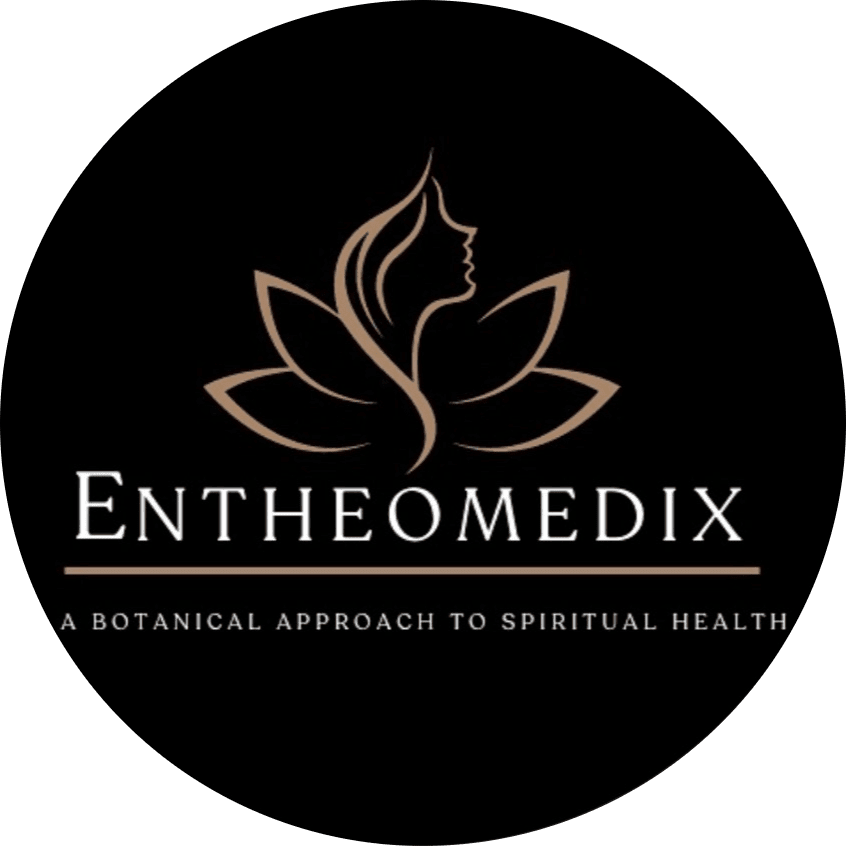Sacred Knowledge: How Psychedelics Shaped an Academic's Life

Posted on February 13, 2023
William Richards’ new memoir focuses on the way psychedelics have enriched his life and fuelled his own work on ‘entheogens’ and spiritual experiences.
In 1963, then-psychology grad student William A Richards was studying in Germany when he volunteered to take part in an experiment with psychedelics. The result was transformative. He saw an “exquisitely beautiful, multidimensional network of intricate, neon-like patterns”. Then, as he tells us in his new book, Sacred Knowledge: Psychedelics and Religious Experiences, felt he then fused with them until, “My awareness was flooded with love, beauty, and peace beyond anything I ever had known or wildly imagined to be possible.”
Richards’s experience sparked a lifelong interest in psychedelics (which Richards calls “entheogens”), spirituality, and the interconnection of the two. Sacred Knowledge, newly out from Columbia University Press, is part memoir, part philosophical treatise and part examination of the state of psychedelic research today, touching on Timothy Leary, the death of Richards’ wife, cross-cultural mystical traditions, and possible directions for medical research. I spoke to Richards, a clinical psychologist, by phone about his book and entheogens.
What has led you to the conclusion that entheogens are linked to sacred experiences?
From the experience of hundreds of people, literally.
And it’s important to make clear that even the word “entheogen”– all psychedelic experiences are not entheogenic experiences. If “entheogen” means a sacred experience of spiritual or religious meaning, only certain experiences approached the right way with the right dosage, etc, are likely to be of that profundity. I mean, a lot of people take psychedelics and see some pretty colors and giggle or get a little paranoid, and that’s not what we’re talking about.
So what makes an experience entheogenic in your view?
Well, in the book, I make the distinction between archetypal or visionary experiences, and then what we call the unitive/mystical consciousness. And people who have either or both usually view them as profoundly meaningful and personally transformative in some sense.
The difference is that the visionary archetypal experiences, there still is the sense of yourself as the observer. So I’m here looking at something there – Moses’s burning bush, or a vision of the Christ, or of precious gemstones. It may be very awesome, but there still is the everyday personality, there is the observer. And in what we call mystical consciousness, it’s like that observer kind of melts into the experience. The Hindu image is of the drop of water merging with the ocean. So that when it’s over, there’s memory of the experience, but you don’t name it as your experience necessarily.
Couldn’t these experiences be explained as a physical/chemical process rather than as a spiritual one?
Sure. There are many different hypotheses to try to explain them, and I think there’s a biochemical substrate to probably everything we experience. But to what extent that substrate is correlative as opposed to causative, is a philosophical question.
If you dissected your television set and looked in the transistors to try to find the woman who delivered the news last night, you wouldn’t find her. And yet, the television set was a part of the experience. It was integral to seeing the news. Henri Bergson, the French philosopher, posited the same model of the brain. The brain may receive and process information rather than cause it.
But when these experiences occur, people will testify that there’s a great big mystery there. And it’s incredibly beautiful and incredibly meaningful. And it seems to have life transformative effects for many people regardless of their history of mystical or philosophical beliefs.
In your book you said there might be medical uses. Has it been difficult to figure out if there are because the research has been restricted?
In the 60s, we were very excited about their promise in treatment of addictions: narcotic addiction and alcoholism. We were using them back then in helping terminally ill people live the end of their lives more fully, with less anxiety and less depression, less preoccupation with pain, more closeness to family members. These are very promising medical uses that are just beginning to be reexamined now, as the research has started to come alive again in the last 15 years. There was a 22-year period before that where absolutely nothing was going on in the United States or most of western Europe mainly because of the drug policy and the demonization of psychedelics. Technically I think I have the dubious distinction of giving psilocybin to the last person before it got totally dormant; that was in 1977. But for all practical purposes around 1973 the research was pretty dormant.
Entheogens in the US are mostly very closely regulated. So what would the benefits be of making them more widely available or easier to access?
Well I hope they will gradually become more widely available, but it has to be done in a very thoughtful and sane way. There should probably be centers with specially trained personnel, where people who want this form of experience can obtain it legally. But also with responsible medical screening and good preparation and skillful support in the experience, and some help in initially integrating the insights that occur.
Sacred Knowledge is out now on Columbia University Press.
You can read the original interview here .
Contact Us
Send Your Queries
We are here to help you heal and evolve. Let us know if you have any questions and feedback is appreciated.

